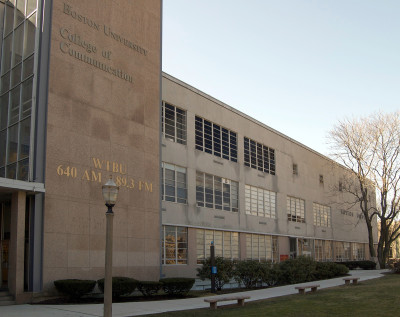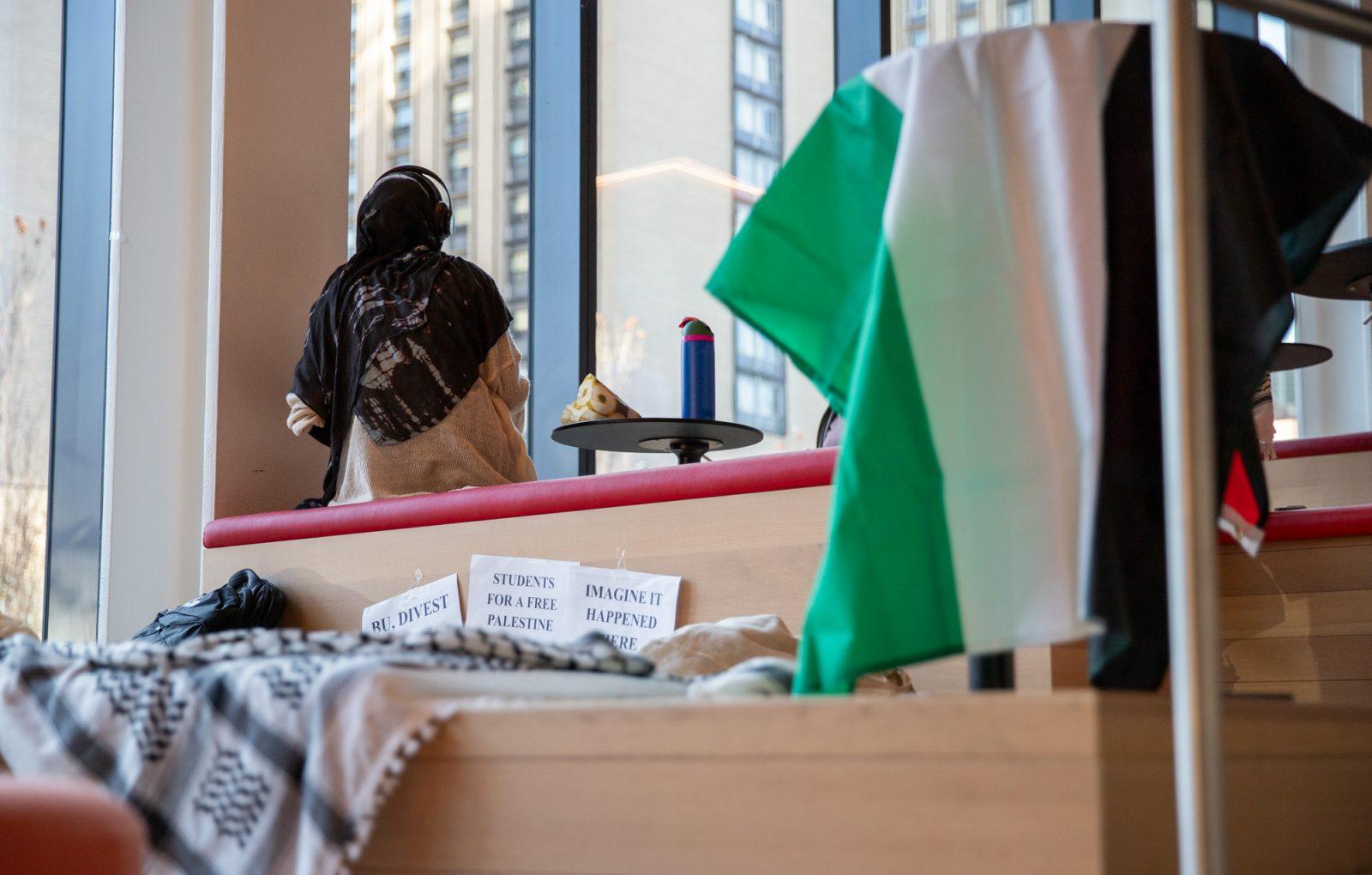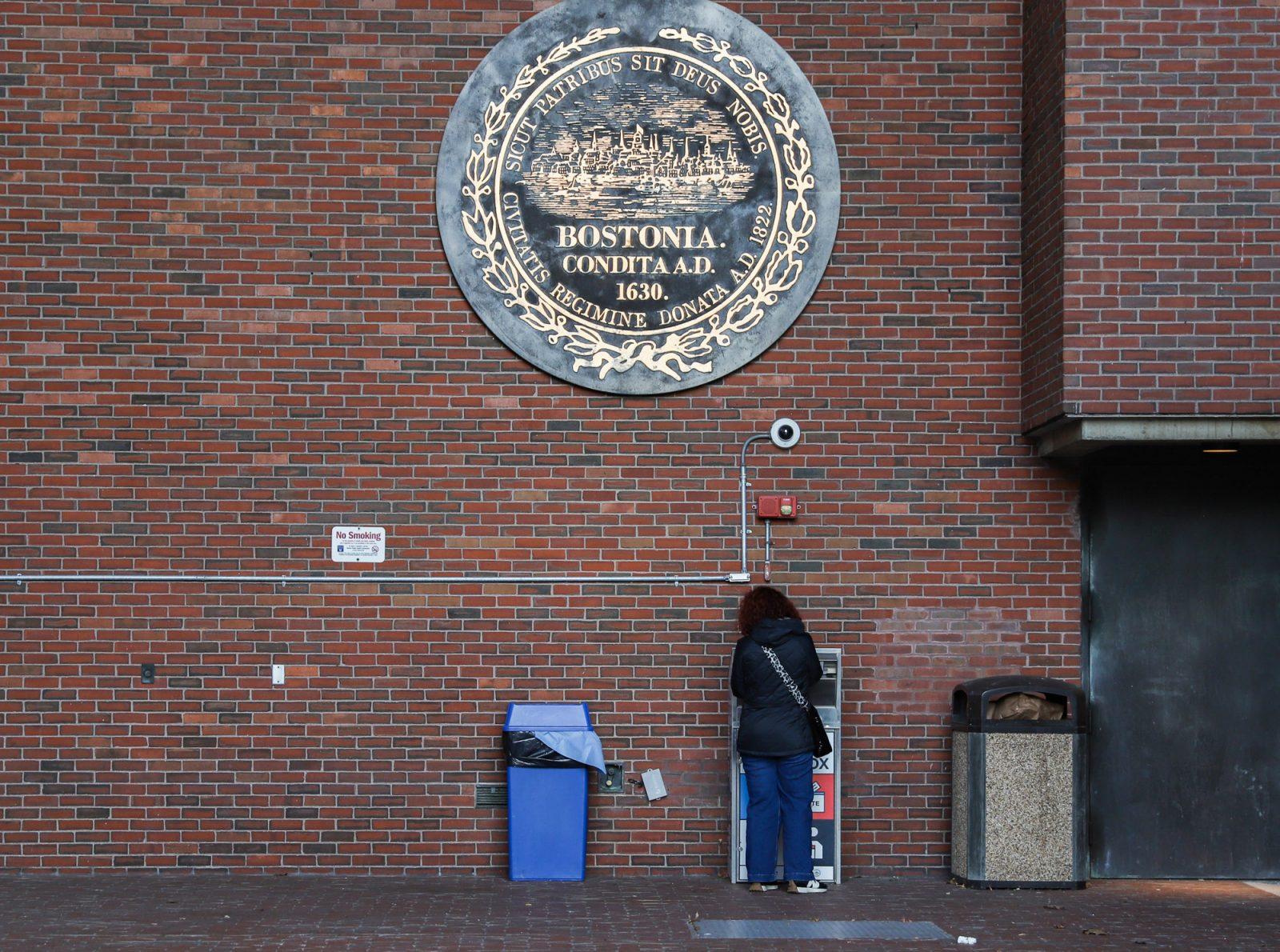
The New England Center for Investigative Reporting, partially housed at Boston University’s College of Communication, won two Publick Occurrences awards for stories on prenatal testing and homeowner debt, the center announced Wednesday.
Reporters Beth Daley and Jenifer McKim are the recipients of the awards, which are given by the New England Newspaper and Press Association and are among the most prestigious state journalism awards, according to Joe Bergantino, co-founder and executive director of NECIR.
“[The awards mean] a lot to us,” he said. “I think this is a affirmation of the great work Beth and Jenifer have done. The stories really reflect our mission to hold the power accountable and this award is a great honor for our center and for the reporters who did this terrific work.”
The Publick Occurrences award was created in 1990 by the NENPA to mark the 300-year anniversary of the founding of Publick Occurrences, the country’s first newspaper. The NENPA presents the awards for reporting in Connecticut, Maine, New Hampshire, Rhode Island, Vermont and Massachusetts, Bergantino said.
Daley’s award winning investigation, “Oversold and misunderstood,” ran on the front page of The Boston Globe in December 2014.
“[The story] was about a new generation of prenatal screening tests and the fact that these prenatal tests, which are unregulated by the [Food and Drug Administration], were exaggerating their accuracy rates,” Bergantino said. “We uncovered the fact that they could be wrong as often as 50 percent of the time. That story has won several awards.”
McKim’s Publick Occurrences award is her second in two years. Last year, she won for two stories about child abuse and neglect, and won this year for two stories about homeowner debt, she said.
The first story, “Homeowners sold out by cities,” illustrated a growth in towns and cities that were selling tax liens to private investors. The investors would later turn around and act to foreclose upon those who were not paying taxes, leaving elderly and disabled homeowners facing foreclosure and not understanding why.
“We looked through court records to show how there is this burst in foreclosure activity from private investors who bought these tax liens from towns and cities and how it’s sort of a controversial process,” McKim said. “Since that story ran, there has been state legislation filed to make sure this happens less and also help cities and towns work with troubled homeowners.”
McKim’s second story, “Foreclosure echo,” was the result of a four-month investigation involving private mortgage insurance companies.
“‘Foreclosure echo’ was about people who had lost their homes to foreclosure, only to find out years later that if they had bought mortgage insurance the time they bought their homes, which many of them understood would protect them if they lost their homes, those insurance companies were coming after them for losses that were suffered from the foreclosure,” she said.
McKim said NECIR’s Publick Occurrences awards are a testament to the center’s hard work.
“[NECIR] is a small non-profit. I came from The Boston Globe to do important work here at the New England Center for Investigative Reporting, write stories that make a difference,” she said. “So it’s nice for the organization to get recognized as we continue to do this tough work.”
A spokesperson for the NENPA could not immediately be reached for comment.
In addition to the Publick Occurrences awards, NECIR has won major national, regional and local awards, all accomplished with the center’s two main missions in mind, “to produce in-depth, high-impact investigative journalism and to train a new generation of investigative reporters,” Bergantino said.
When Bergantino and co-founder Maggie Mulvihill began thinking about launching the center in the spring of 2008, they spoke with BU about a possible collaboration, Bergantino said.
“We had conversations with [COM dean] Tom [Fiedler] and decided to base ourselves in BU,” he said. “The university contributes about $70,000 a year toward our work. It provides us with a space at the College of Communication, a back of support for grant applications and we work with the development office at the College of Communication to help us raise funds for the work we do.”
Additionally, NECIR teaches an investigative journalism course at BU to provide students with the opportunity to develop their investigative skills and work with skilled professionals, McKim said.
McKim said NECIR and BU have a great mutualistic relationship.
“It’s a very strong partnership that we have with the university so we are proud to be part of the university and be supported by it,” she said. “We definitely wouldn’t be here without them.”

























































































































